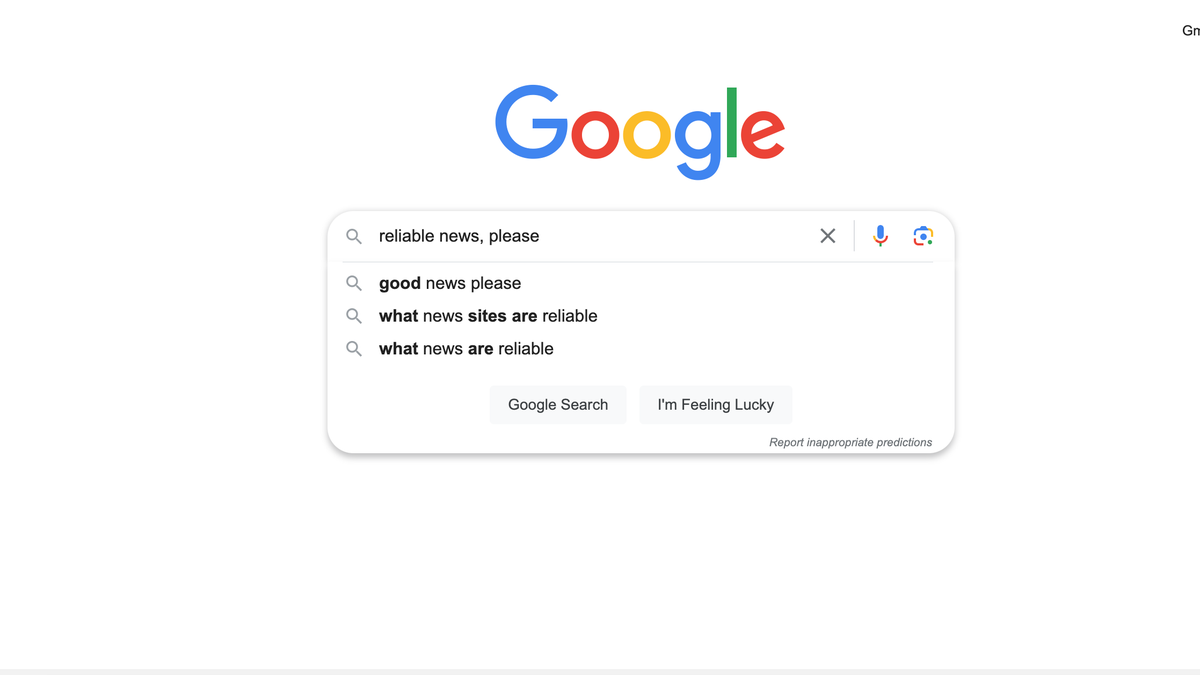According to a study conducted by researchers from Stanford, Northeastern, and Rutgers universities, Google's search algorithm doesn't lead people to click on partisan and unreliable news, but rather people tend to click on the news they are looking for. The study also refutes public perceptions that the algorithms of the most popular websites on the internet lead people to misinformation and trap them in so-called filter bubbles and echo chambers. The study suggests that users are not simply following what the platform shows them, but actively seeking things out. However, the study did not fully resolve the issue of Google's search engine spreading unreliable news. Nevertheless, it reassured that as internet users and news consumers, we have ample choices.
스탠포드, 노스이스턴, 러트거스 대학의 연구자들이 수행한 연구에 따르면, 구글의 검색 알고리즘이 사람들이 편파적이고 신뢰할 수 없는 뉴스를 클릭하도록 이끄는 것이 아니라, 사람들은 자신이 찾고자 하는 뉴스를 클릭한다는 결과를 얻었다. 또한 이 연구는 웹사이트의 알고리즘이 사람들을 오보로 이끄는 것과 필터 버블과 에코 챔버에 빠뜨린다는 공공의 비판에 반박하고 있다. 연구 결과에 따르면, 사용자들은 단순히 플랫폼을 믿고 따르는 것이 아니라, 적극적으로 찾아서 사용한다. 그러나 이 연구는 구글의 검색엔진이 불확실한 뉴스를 전파하는 것에 대해 완전히 해결하지는 못했다. 그럼에도 불구하고 인터넷 사용자와 뉴스 소비자로서 우리에게 많은 선택권이 있음을 연구결과는 보여준다.


소셜댓글